Science Shop
Advertisement
New Mask Disinfects Airborne Coronavirus
- By Rolf Lewis
- . December 8, 2020
A new type of face mask has been developed by scientists at Northwestern University that could help to reduce the spread of COVID-19. The mask
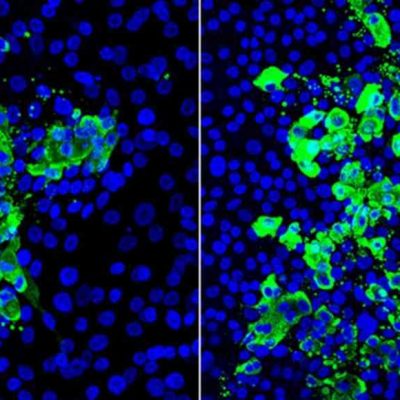
Smoking and COVID-19: A Deadly Combination
- By Geert Devenster
- . November 20, 2020
Smoking Hampers the Formation and Maturation of Respiratory Stem Cells, Increasing the Risk of Severe Covid-19 A recent study conducted by scientists at the University
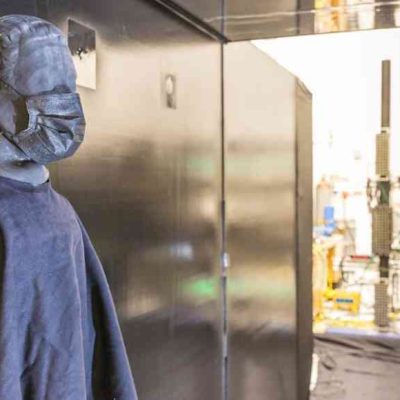
Everyday Masks Effective Against Aerosols
- By Geert Devenster
- . October 26, 2020
According to recent experiments, cloth masks with large mesh sizes can still reduce the risk of SARS-CoV-2 infection. Social distancing and wearing a mask are

New Pig Coronavirus Infects Human Cells
- By Geert Devenster
- . October 16, 2020
A new study has found that the Swine Acute Diarrhea Syndrome Coronavirus (SADS-CoV), which has a mortality rate of 90% in piglets, can also infect
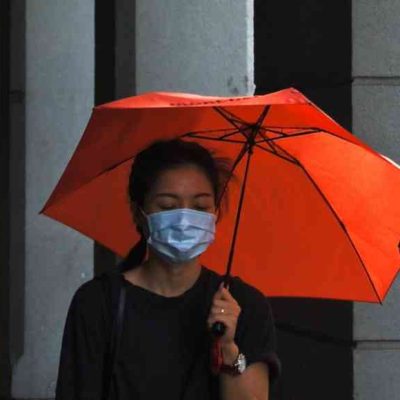
Mask mandate cuts COVID-19 cases
- By Geert Devenster
- . October 10, 2020
A new study has found that a general mask mandate in public spaces significantly reduces SARS-CoV-2 infections. However, a complete lockdown of social life and
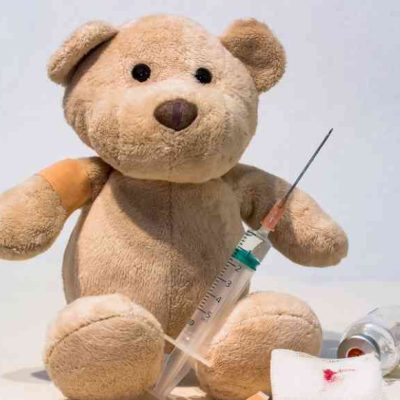
Rising Trust in Vaccinations in Germany
- By Geert Devenster
- . September 14, 2020
Germany is one of the countries in Europe with a high number of vaccine skeptics. Despite this, a recent global study conducted by the London

Corona: Died with or from?
- By Geert Devenster
- . August 28, 2020
According to recent autopsies conducted by the Federal Association of German Pathologists (BDP), 86 percent of all Covid-19 patients who died in German hospitals did

COVID-19 risk high in refugee camps
- By Geert Devenster
- . January 5, 2020
A recent study conducted by scientists at the University of Bielefeld has found that the risk of Covid-19 infection in communal and collective accommodation for
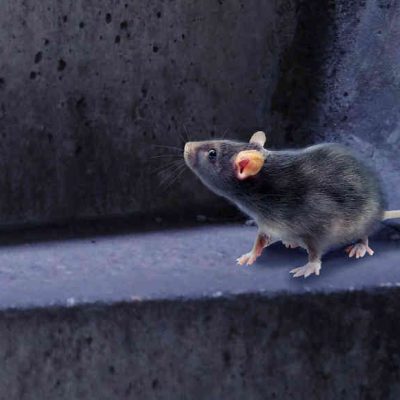
City Rats Spread Resistant Bacteria
- By Geert Devenster
- . September 20, 2019
A recent study conducted by the Veterinary University of Vienna has found that 60% of rats caught in the city carry multi-resistant bacteria, posing a

Alcohol-induced brain damage persists
- By Geert Devenster
- . September 13, 2019
Alcohol consumption can cause inflammation in the brain, which continues to damage nerve tissue even after weeks of abstinence. In Germany, only three percent of









